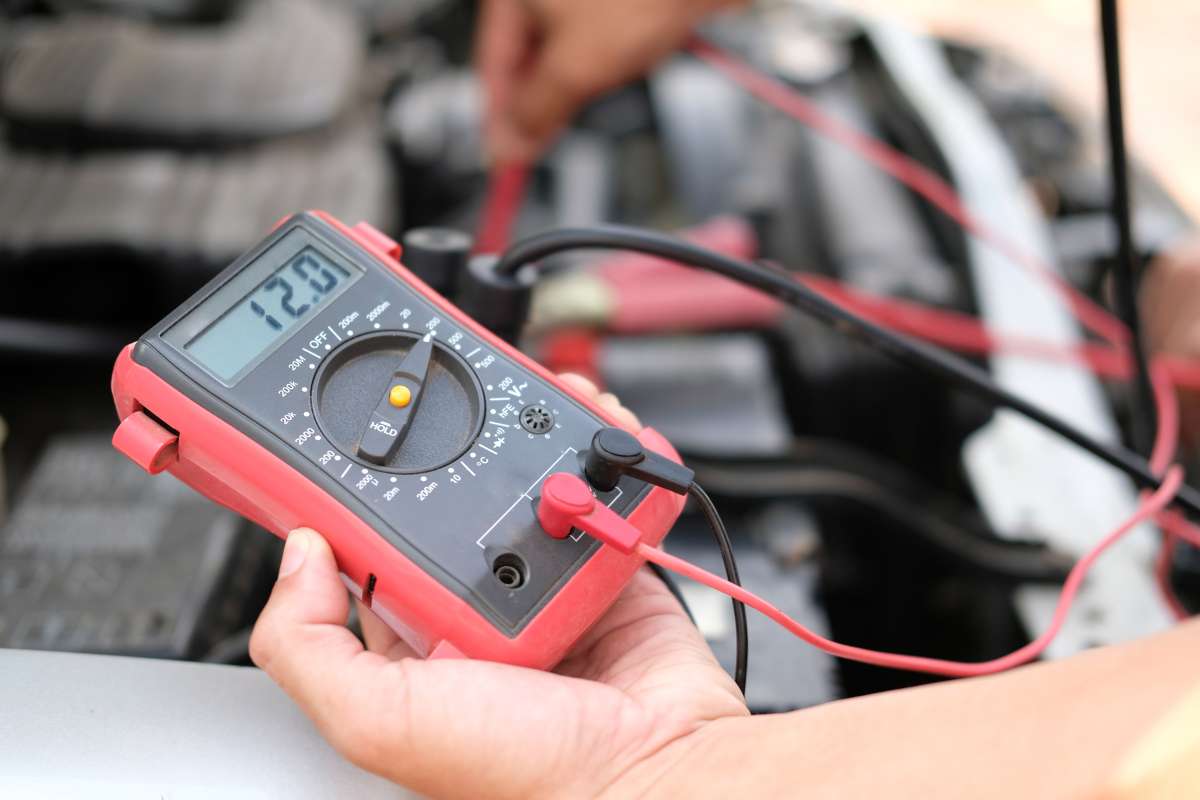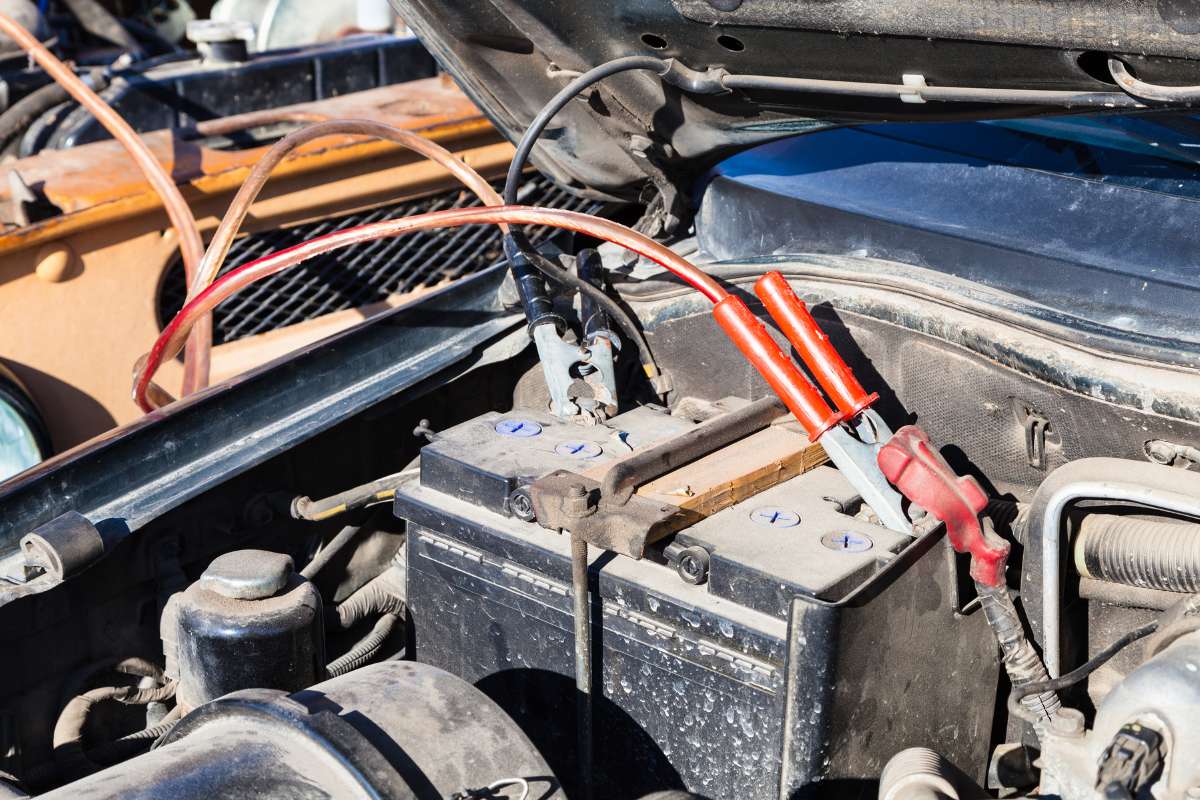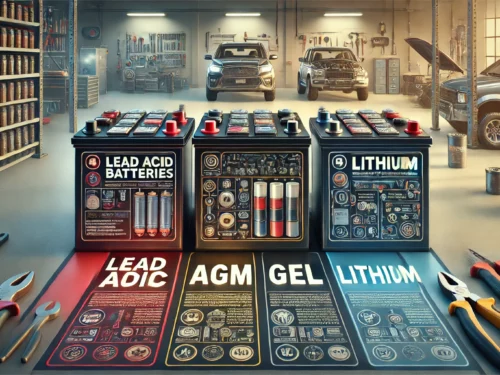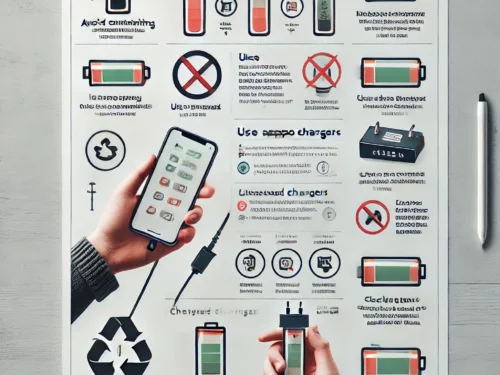Batteries might seem like a simple topic, but there’s a whole world of terminology to navigate before making a purchase. Don’t let technical jargon leave you feeling lost and confused – read on to understand the most commonly used battery terms.
-
Voltage

Voltage is the measure of electric potential in a battery, and it’s usually listed as V. It tells you how much power the battery can provide to your device or vehicle.
-
Ampere-Hour (Ah)
Ampere-hour, also known as capacity, is the amount of charge a battery can deliver in one hour. It’s often used to describe the energy storage capacity of a battery, and is measured in Ah.
-
Cold Cranking Amps (CCA)
Cold Cranking Amps, or CCA, is a measure of how well a battery can perform in cold weather. It’s the amount of current a battery can deliver at 0 degrees Fahrenheit for 30 seconds while maintaining at least 7.2 volts.
-
Reserve Capacity (RC)

Reserve capacity, or RC, is the number of minutes a battery can deliver a constant current of 25 amps at 80°F before dropping below 10.5 volts.
-
Cycle Life
Cycle life is the number of times a battery can be charged and discharged before it loses its ability to hold a charge. The higher the cycle life, the longer the battery will last.
-
Battery Chemistry
Battery chemistry refers to the type of chemical reaction that produces the battery’s energy. Some common types of battery chemistry include lead-acid, lithium-ion, and nickel-metal hydride.
-
Self-Discharge

Self-discharge is the rate at which a battery loses its charge over time when it’s not being used. It’s usually measured as a percentage per month.
-
Overcharge Protection
Overcharge protection is a safety feature that prevents a battery from being overcharged and damaged. It’s often built into the battery or the device that the battery is used in.
-
Amps
Amps, or amperes, are a measure of electrical current. It tells you how much current a device is drawing from the battery.
-
Terminal
Terminals are the points on a battery where the cables or connectors are attached. They’re usually marked as positive (+) and negative (-) to ensure proper connection.
By understanding these common battery terms, you’ll be able to make a more informed decision when buying a battery. Don’t let technical jargon intimidate you – with a little knowledge, you’ll be an expert in no time!








